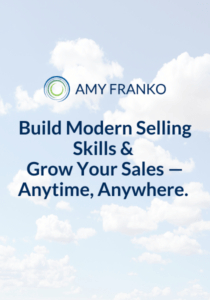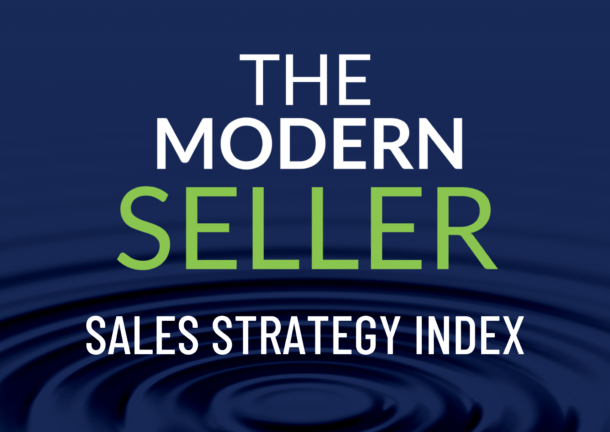"*" indicates required fields
B2C consumers are spending on the short-term Experience Economy, and this shift matters for B2B sales. Learn what this means and how modern sellers are adapting their sales approaches.
***
Consumers are having a spending moment. In a recent WSJ article on American consumer spending, financial hurdles in the marketplace (inflation and interest rates) are causing consumers to rethink where they’re putting their money.
Rather than use funds for long-term investments like down payments on a home and retirement planning, they’re increasingly using their funds on experience spending (think once-in-a-lifetime travels and events).
Dubbed the “experience economy,” this approach to spending will impact how you’re interacting with your buyers – even in B2B environments. The jury is out on whether this trend is fleeting or here to stay, but it shows how buyers are thinking right now. And how buyers are thinking right now in their consumer lives offers insights that professional sellers can learn from and leverage.
Modern B2B Sellers Adapting Sales Approaches in the Experience Economy
1. Consumers are choosing instant gratification (IG). This is counterintuitive to consultative, strategic selling doesn’t bring instant gratification. Don’t fall into the IG trap by short cutting your selling practices. The work you do today won’t be rewarded today; it will be rewarded 6-12 months from now. Conversely, the work you avoid today won’t cause pain today, it will cause pain 6-12 months from now.
What modern sellers do differently:
- Create a focused sales plan and set goals for the plan.
- Follow a consistent sales prospecting strategy. Small efforts performed consistently always win.
- Support yourself with the right sales and personal habits.
2. Consumers are making emotional purchases. If you’ve been in sales long enough you’ve likely heard the concept that consumers purchase on emotion and then back it up with logic or data. Put another way, there is a “why” or a personal reason behind a purchase decision, whether it’s in the consumer space or the B2B space.
What modern sellers do differently:
- Take time to understand why a decision is important to a buyer or someone who has influence over the purchase. Sellers who work to build value and loyalty will have more success.
- There are times when an impulse purchase can signify a transactional mindset and lack of loyalty. Is your buyer’s purchase on an impulse, or is it well thought through? Sellers need to meet buyers where they are to capitalize on short-term needs while also looking for long-term opportunities.
3. Consumers are challenging long-held norms around saving, spending, and investing. U.S. households are making larger purchases too, with 64% making one large purchase in the last four months. (Data source: WSJ and New York Federal Reserve Bank’s SCE Household Spending Survey.) These are the same buyers that sellers will interface with in business environments; changing thought patterns will be reflected in business decision-making.
What modern sellers do differently:
- With awareness of these patterns and norms, they’re better positioned to understand their own tendencies, how they stack up to current patterns, and where they might unknowingly sabotage themselves. How sellers tend to buy is how they tend to sell when it comes to premium offerings. This is the Supportive Buy Cycle (source: Objective Management Group) and it’s critical to accelerating sales processes.
- Companies whose products, services, or solutions come with an experience will be attractive in the current environment. The level and depth to which an experience is created will differ depending on the industry or the offering. It’s knowing and setting your customers’ expectations. It may be bundling products and services together. It may be making improvements to your post-sales implementation and customer service. It may be third-party offerings, loyalty rewards, or other unique ways to interact with your company and products.
I predict the Experience Economy will have longevity because these same consumers are making B2B purchases every day. Sellers who recognize these realities and integrate the concepts of consumer thinking into their selling strategy and sales process will have the same longevity.
Get Started with B2B Sales Training for Your Team
I can help you design best-in-class sales programs that accelerate growth. To significantly improve the outcomes of your sales training, let’s schedule a conversation. Don’t let your competition get an advantage. Contact me to schedule a conversation.



 Our Strategic Selling signature sales training program is now available online. This online sales learning program is ideal for professional services and B2B sales. Get started with 2 free lessons.
Our Strategic Selling signature sales training program is now available online. This online sales learning program is ideal for professional services and B2B sales. Get started with 2 free lessons.